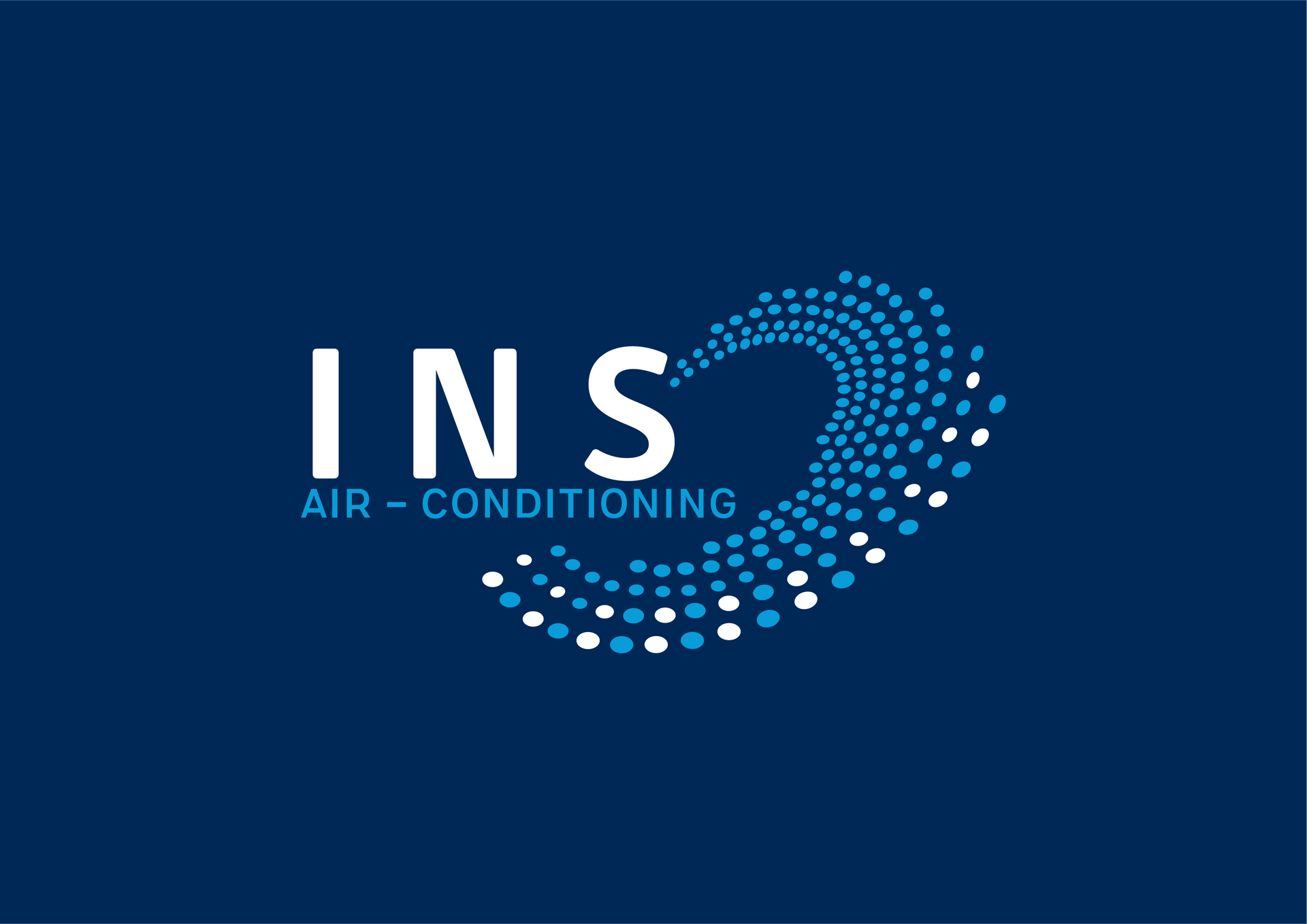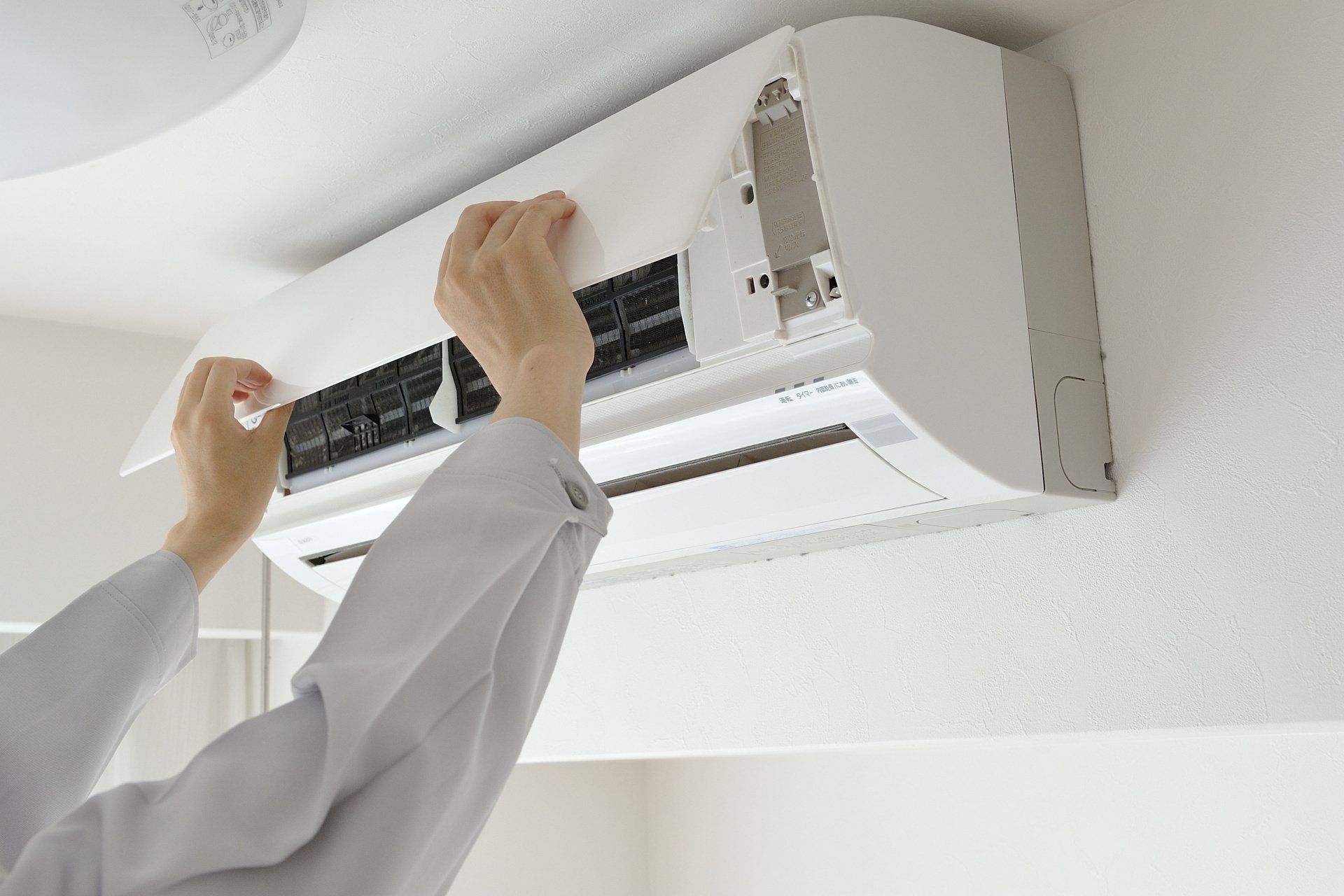How Air Conditioning Can Reduce Damp and Condensation in Winter
How Air Conditioning Can Reduce Damp and Condensation in Winter
When people think of air conditioning, they usually think of cooling down in summer. But what many London homeowners don’t realise is that modern air conditioning systems can also play a huge role in reducing damp, condensation, and moisture problems during winter. With colder temperatures, closed windows, and increased indoor humidity, winter becomes the prime season for damp-related issues — especially in older or heavily insulated homes.
If your windows fog up in the mornings, walls feel cold to the touch, or you’ve noticed patches of mould beginning to form, your air conditioning system could be a powerful tool for improving your home’s air quality and preventing long-term damage.
In this article, we’ll explore how it works and why air conditioning is becoming one of the most efficient ways to tackle condensation in modern London homes.
Understanding Why Damp Gets Worse in Winter
Damp issues always become more noticeable during the colder months. With homes sealed up for warmth, the air inside becomes more humid from everyday activities like cooking, showering, drying clothes, or simply breathing. When that warm, moist air hits cold surfaces — such as windows, external walls, or poorly insulated corners — it condenses into water droplets.
Over time, this moisture leads to mould growth, peeling paint, musty smells, and damage to walls and furniture. Many London homeowners try to fix the issue with temporary solutions such as wiping windows or using standalone dehumidifiers, but these only manage the symptoms rather than addressing the cause.
Modern air conditioning offers a far more effective long-term approach.
How Air Conditioning Helps Control Moisture Levels
Unlike traditional heating systems, an air conditioning unit doesn’t just warm your home — it can also regulate humidity. When running in either cooling or heating mode, the system draws moisture out of the air as part of its operation. This means that even during winter, when you’re using the heating function, the AC gently removes excess humidity that would otherwise settle on cold surfaces.
By reducing the amount of moisture in the air, your home becomes far less prone to condensation. Rooms feel fresher, windows stay clearer, and the humidity levels remain balanced throughout the day. This creates a healthier indoor environment and significantly reduces the conditions that cause damp to develop.
Cleaner, Healthier Air During Closed-Window Season
Winter is the time of year when windows stay shut for longer. While that keeps the warmth in, it also traps airborne moisture, pollutants, and bacteria inside the home. Air conditioning helps circulate and filter the air, removing particles and improving overall air quality. Many modern systems also include advanced filtration or air-purifying technology that neutralises allergens, odours, and pollutants.
This makes a noticeable difference for families, allergy sufferers, and anyone living in central London where outdoor pollution is higher. With a good AC system running, your indoor air stays cleaner, fresher, and more comfortable throughout the colder months.
A Consistent Temperature Helps Prevent Condensation
Condensation tends to form when temperatures fluctuate — warm air one moment, cold surfaces the next. Air conditioning helps maintain a more stable indoor temperature, which reduces the likelihood of sudden cooling that causes moisture to settle. This steady environment keeps your walls, windows, and furniture from becoming cold enough to attract condensation.
If you’ve ever woken up to dripping windows or damp curtains, maintaining consistent warmth with air conditioning can drastically reduce those issues. It also makes your home feel far more comfortable, with no sudden chills or inconsistent heating.
More Effective Than Portable Solutions
Portable dehumidifiers and electric heaters can be useful in small doses, but they come with drawbacks. Dehumidifiers need constant emptying and only affect the room they’re in. Electric heaters warm the air quickly but do nothing to control humidity, often making the air feel dry and uncomfortable.
Air conditioning, on the other hand, provides both targeted heating and effective humidity control in one system. It treats both the temperature and the moisture in the air simultaneously, giving you a cleaner, drier, and more comfortable environment without extra machines or effort.
Protecting Your Home from Long-Term Damp Damage
Damp and condensation aren’t just annoying — they can cause long-term structural damage if left untreated. Persistent moisture can lead to mould inside walls, damaged plaster, warped wood, and even respiratory health issues. Using your air conditioning system during winter helps prevent these problems before they start, reducing the risk of costly repairs in the future.
This is especially important in older London properties, where insulation and ventilation may not be as efficient as in modern homes. Air conditioning gives you an additional layer of protection, helping maintain the right indoor climate year-round.
How INS Air Conditioning Can Help This Winter
If you want to tackle condensation and damp effectively, it’s important that your air conditioning system is working efficiently. At INS Air Conditioning, we help homeowners across London get the most from their AC all year long. Whether you need a winter service, a system upgrade, or advice on the best solution for your home, our F-Gas-certified engineers are here to help.
We install and maintain modern, energy-efficient systems that provide heating, cooling, dehumidification, and air purification — everything you need to keep your home warm and healthy throughout the winter season.
To book a winter service or request a free home assessment, get in touch with INS Air Conditioning today.






















